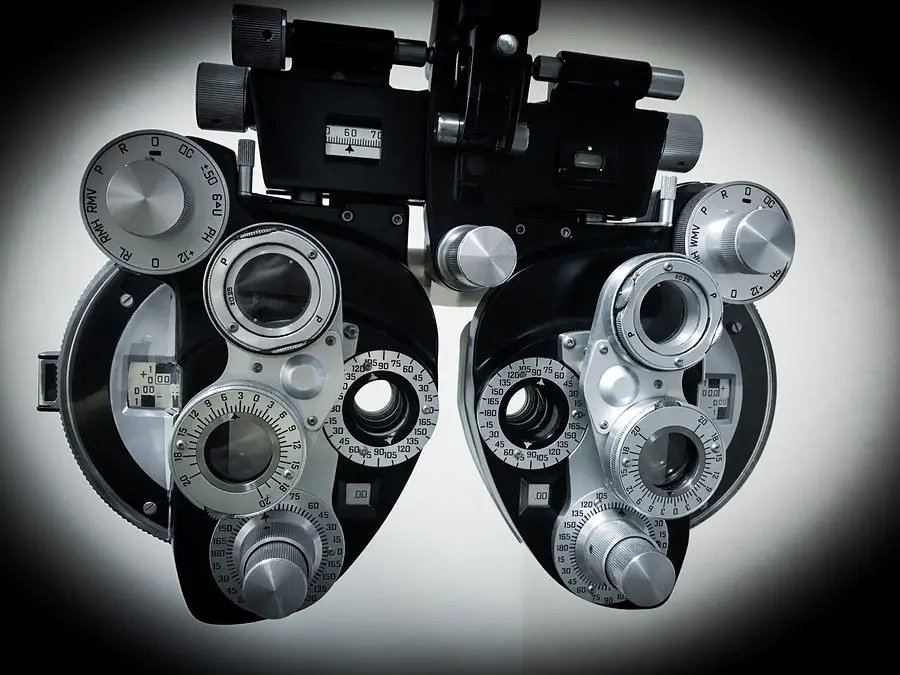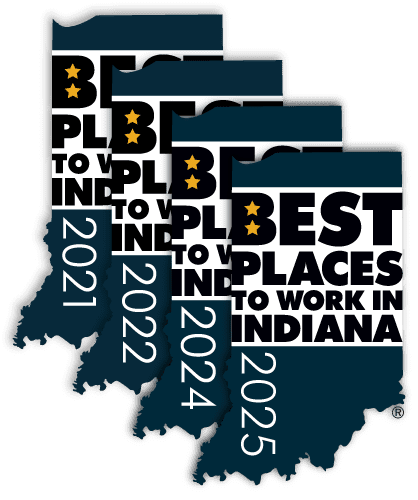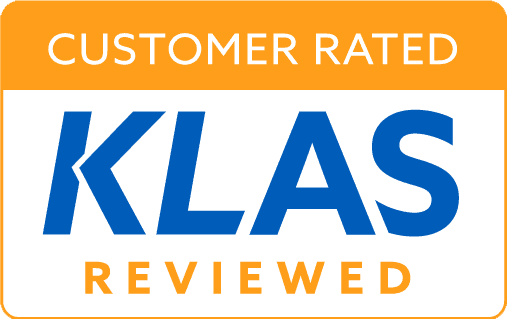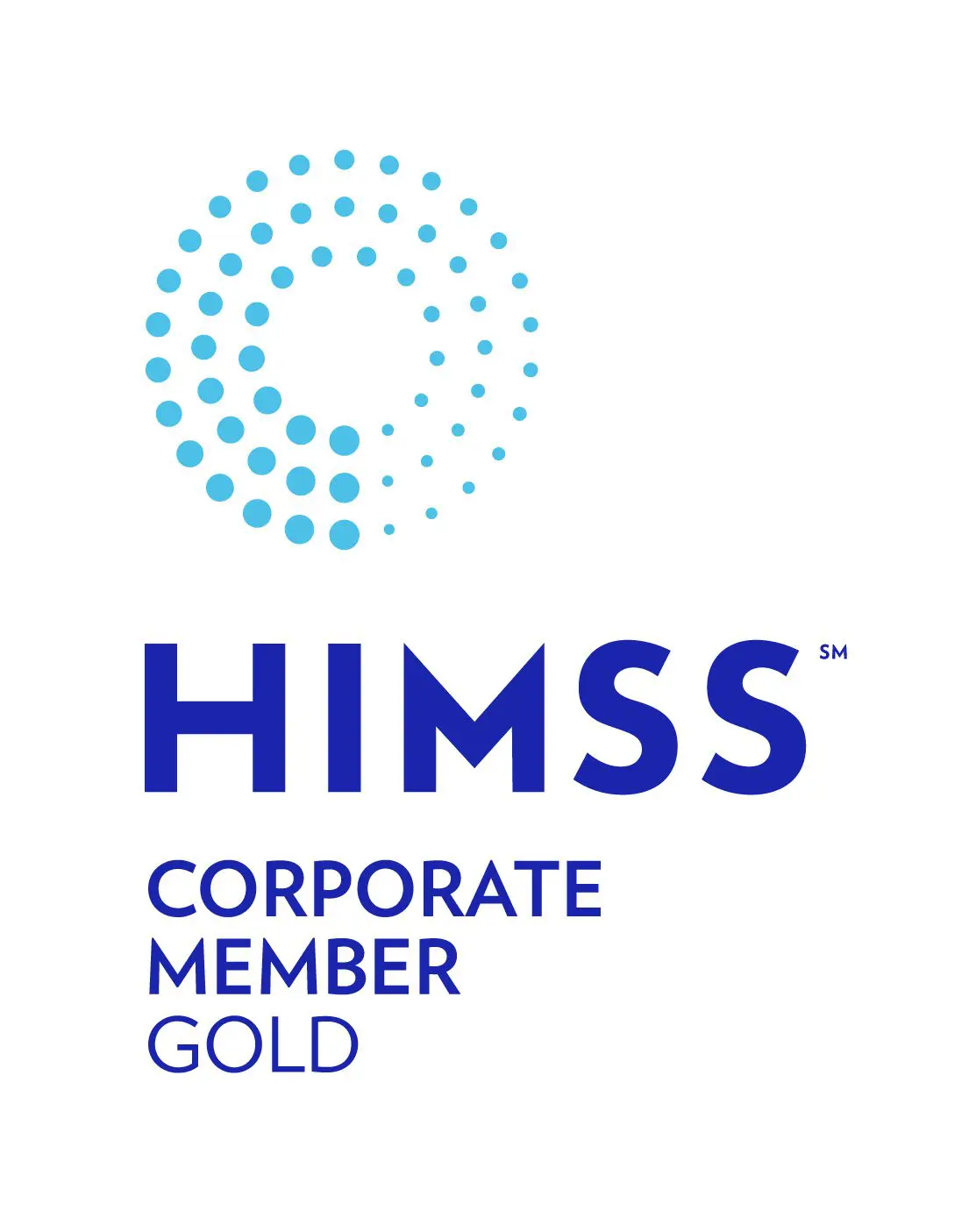
Currently, 90 million Americans over the age of 40 have vision and eye problems – more than 3 in 5 people. And by 2050, one study predicts that the population with cataracts will reach 45.6 million people, an 87% increase from 2010. Statistics like these prove that having regular eye exams is imperative to helping with early detection and treatment of vision issues.
But eye exams don’t just identify possible vision issues. They can also play a key role in detecting common chronic conditions such as thyroid disease, high blood pressure, and autoimmune disorders. This makes maintaining medical records from these eye exams a critical part of an overall health picture that can provide helpful information over the patient’s lifespan.
Beyond being a necessary component of a complete medical record, eye exam data is also subject to record retention requirements. These can vary, but often mandate that records be kept at least 10 years after date of last contact.
There’s also a need for long-term record keeping to help support population health initiatives like the Vision & Eye Health Surveillance System (V&EHSS), part of the Vision Health Initiative of the Centers for Disease Control. This system tracks vision statistics nationwide and offers a searchable database to assist with improving vision care outcomes.
Considering all of this, it’s logical that ophthalmologists, like other medical practitioners, have steadily increased their use of EMRs. In the past several years, the adoption of EHRs by ophthalmologists has more than doubled, and is similar to that of primary care physicians (79%), according to a survey of 2,000 ophthalmologists nationwide. To address the need for access to legacy eye exam records, Harmony Healthcare IT provides EMR & eye exam record archiving for ophthalmologists.
When EHR Systems Get Replaced
As needs shift and change, EMR systems within an ophthalmologist’s office are often replaced with one that better suits the organization. Some of the most popular reasons a new EMR is considered is to improve workflows with streamlined methods of viewing and interpreting diagnostic images, and to ease the amount of repetitive data that the clinician must type in manually for each patient.
When a new EMR is implemented, it’s necessary to consider a legacy data management strategy. Mapping and converting legacy data from one EMR database schema to another can be complex and costly. An alternative is to migrate and store legacy patient and operational records into a long-term, secure, searchable archive. An archive of ophthalmologist eye exam and EMR records allows for access to the historical records while taking the cost and technical burden of the legacy system off the books.
HealthData Archiver®, is a data storage solution that delivers a single point of access to historical patient, employee or business data for healthcare delivery organizations. The solution consolidates data stores, reduces out-of-production system maintenance costs, mitigates technical risk, complies with record retention mandates, and offers both interoperability and data analytics capabilities.
As ophthalmologists evaluate their EMR systems – from market-leading ambulatory brands like Allscripts, NextGen, and eClinicalWorks to specialty-specific EMRs such as EMA Ophthalmology, Medflow, EyeMD EMR, CureMD, Nextech Ophthalmology and others – we stand ready to offer an award-winning legacy ophthalmologist eye exam and EMR data management solution.
Not sure which records need to be or should be migrated to your go-forward system? Ranked as the top data extraction and migration healthcare IT company according to Black Book™ Rankings, a division of Black Book™ Market Research, we can help you navigate through this planning and implementation.
If you’re ready to talk through options for retaining legacy health and business records from your ophthalmology practice in a secure and searchable archive, let’s connect.






